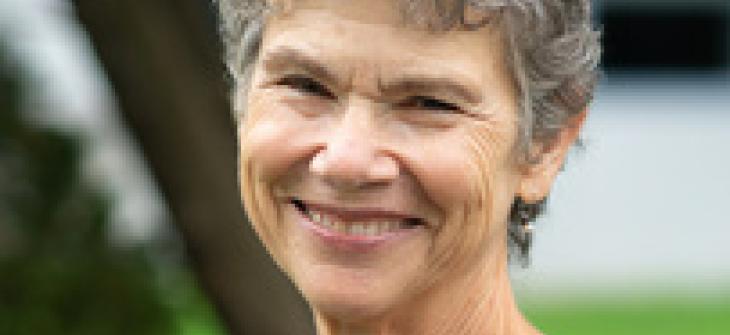How to Make Sure Digital Technology Works for the Public Good
Content

The Internet of Things (IoT) is completely enmeshed in our daily lives, a network of connected laptops, phones, cars, fitness trackers — even smart toasters and refrigerators — that are increasingly able to make decisions on their own. But how to ensure that these devices benefit us, rather than exploit us or put us at risk? New work, led by Francine Berman at the University of Massachusetts Amherst, proposes a novel framework, the “impact universe,” that can help policymakers keep the public interest in focus amidst the rush to adopt ever-new digital technology.
“How,” asks Berman, Stuart Rice Honorary Chair and Research Professor in UMass Amherst’s Manning College of Information and Computer Sciences (CICS), “can we ensure that technology works for us, rather than the other way around?” Berman, lead author of a new paper recently published in the journal Patterns, and her coauthors sketch out what they call the “impact universe” — a way for policymakers and others to think “holistically about the potential impacts of societal controls for systems and devices in the IoT”.
One of the wonders of modern digital technology is that it increasingly makes decisions for us on its own. But, as Berman puts it, “technology needs adult supervision.”
The impact universe is a way of holistically sketching out all the competing implications of a given technology, taking into consideration environmental, social, economic and other impacts to develop effective policy, law and other societal controls. Instead of focusing on a single desirable outcome, sustainability, say, or profit, the impact universe allows us to see that some outcomes will come at the cost of others.
“The model reflects the messiness of real life and how we make decisions,” says Berman, but it brings clarity to that messiness so that decision makers can see and debate the tradeoffs and benefits of different social controls to regulate technology. The framework allows decision makers to be more deliberate in their policy-making and to better focus on the common good.
Berman is at the forefront of an emerging field called public interest technology (PIT), and she’s building an initiative at UMass Amherst that unites campus students and scholars whose work is empowered by technology and focused on social responsibility. The ultimate goal of PIT is to develop the knowledge and critical thinking needed to create a society capable of effectively managing the digital ecosystem that powers our daily lives.
Berman’s coauthors, Emilia Cabrera, Ali Jebari, and Wassim Marrakchi, were Harvard undergraduates and worked with Berman on the paper during her Radcliffe Fellowship at Harvard. The fellowship gave Berman a chance to work broadly with a multidisciplinary group of scholars and thinkers, and to appreciate the importance of designing, developing, and framing societal controls so that technology promotes the public benefit.
“The real world is complex and there are always competing priorities,” says Berman. “Tackling this complexity head-on by taking the universe of potential technology impacts into account is critical if we want digital technologies to serve society rather than overwhelm it.”
Originally published by the UMass Amherst Office of News and Media Relations.